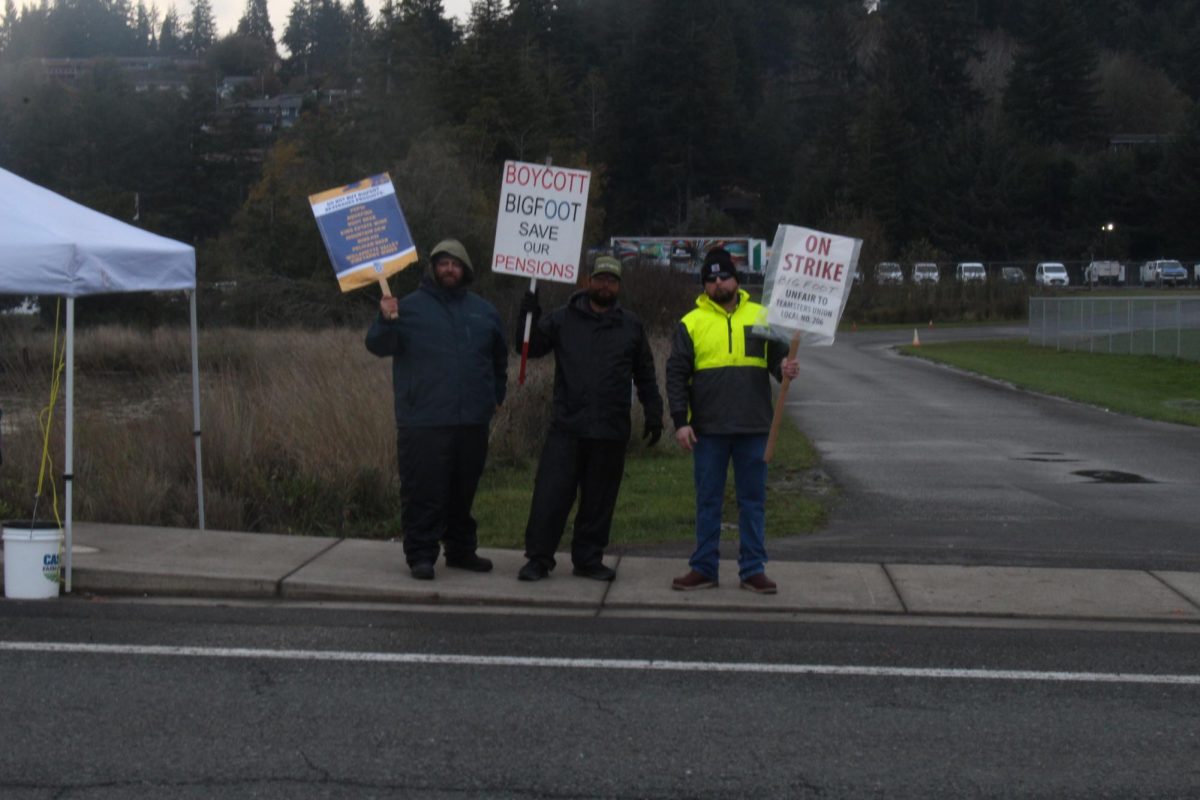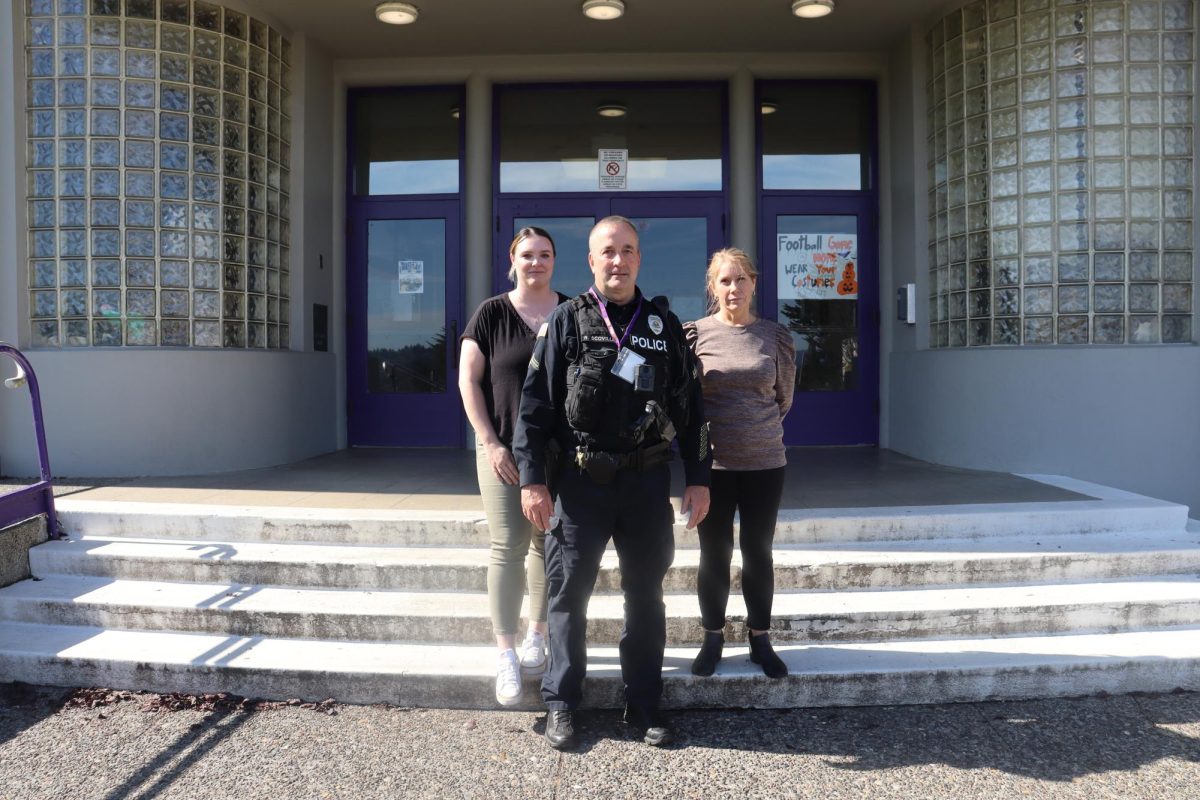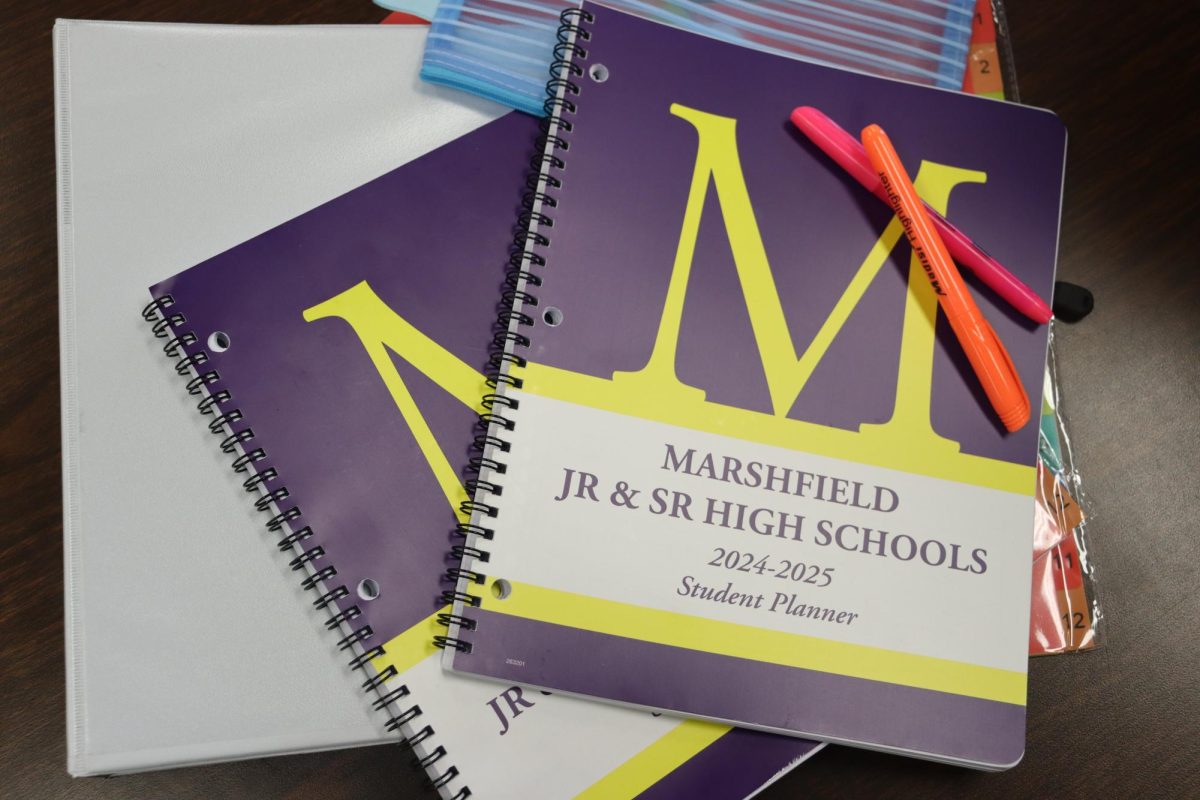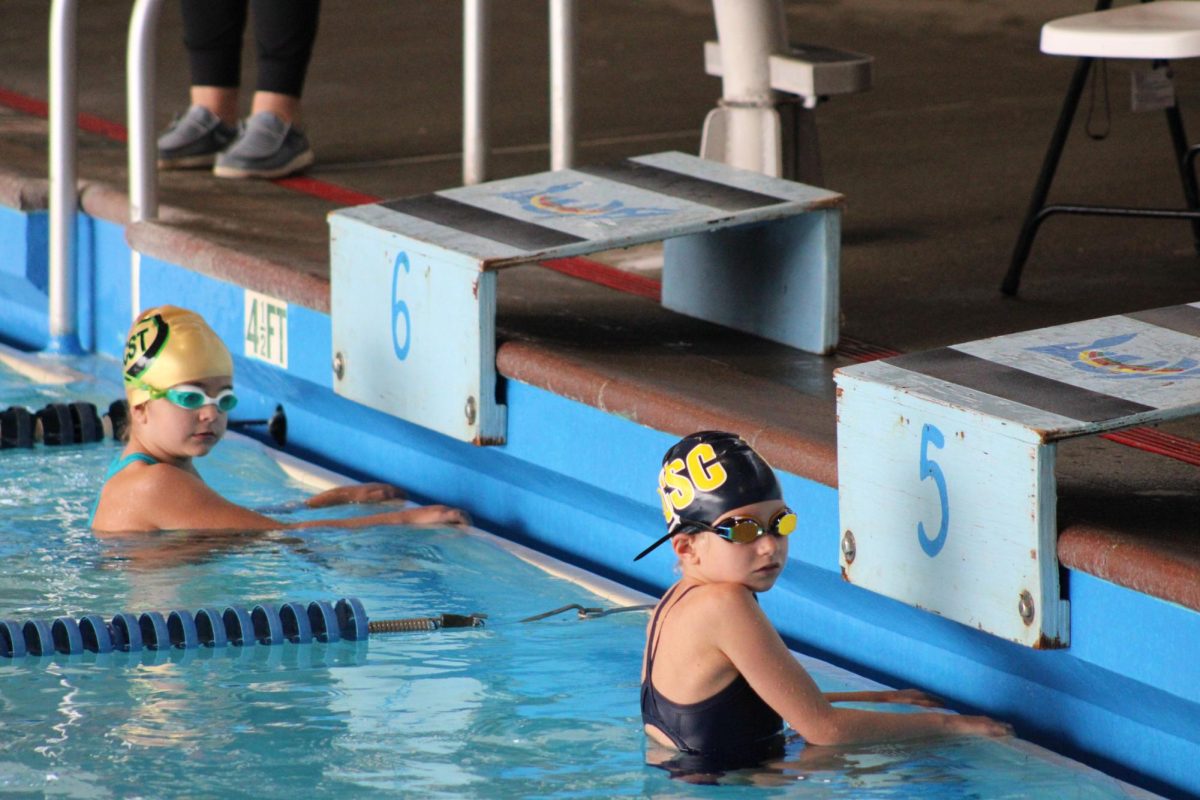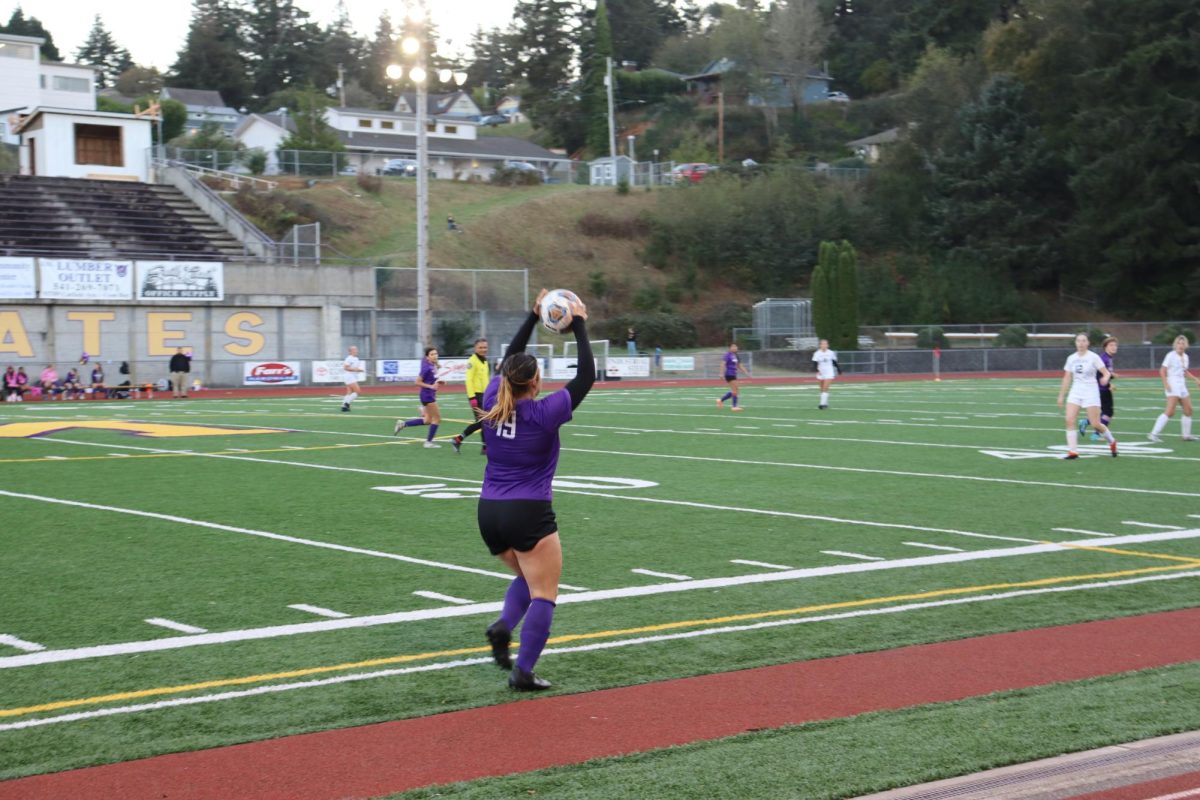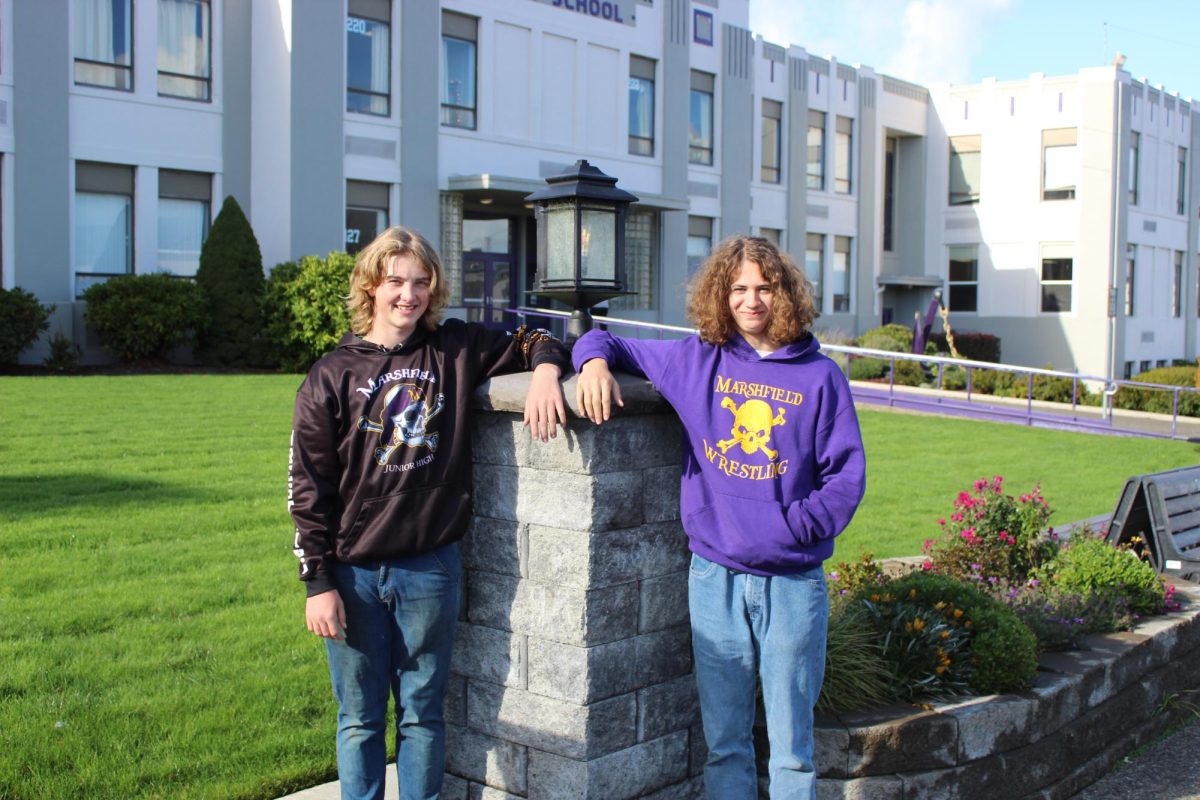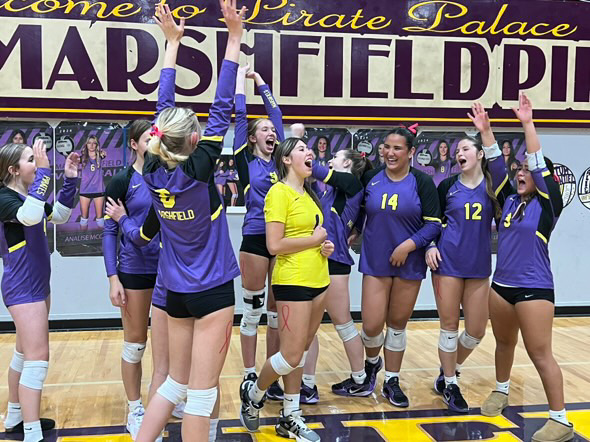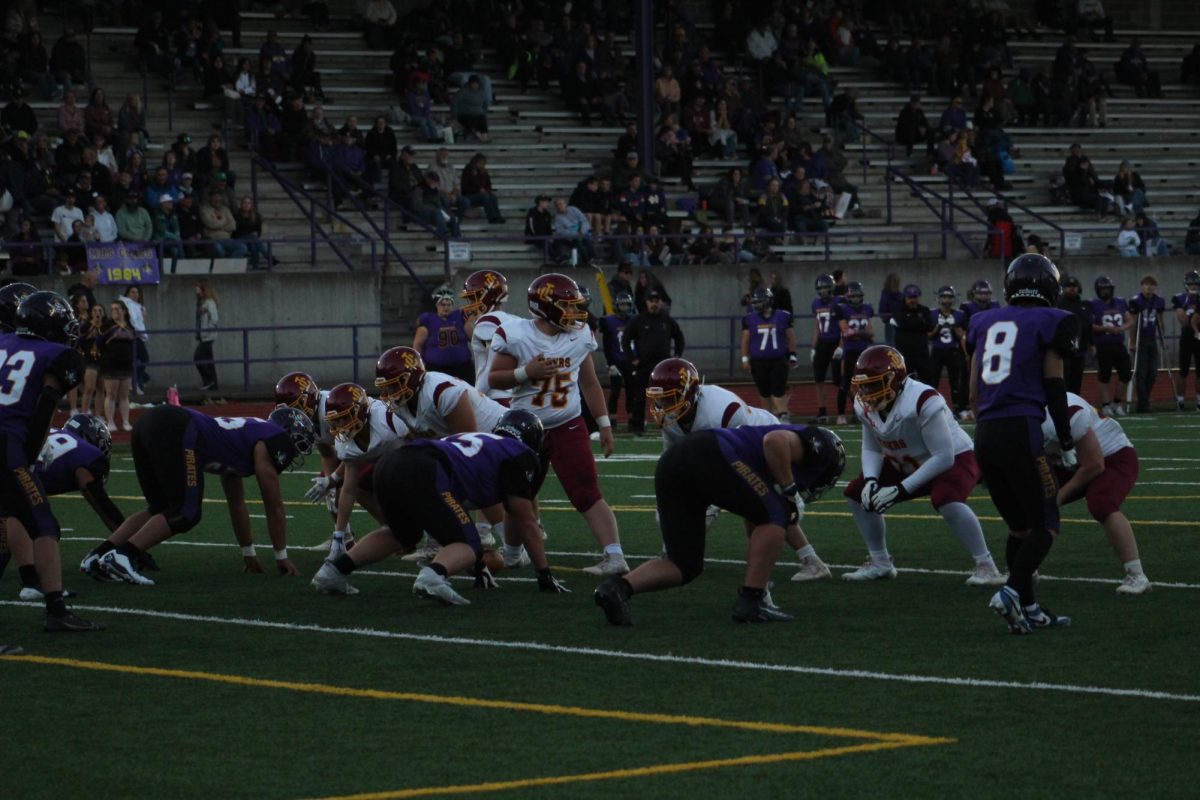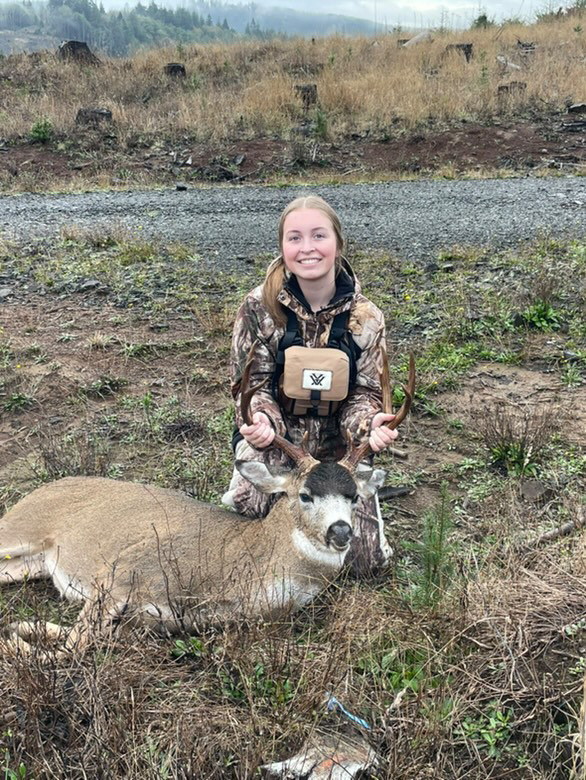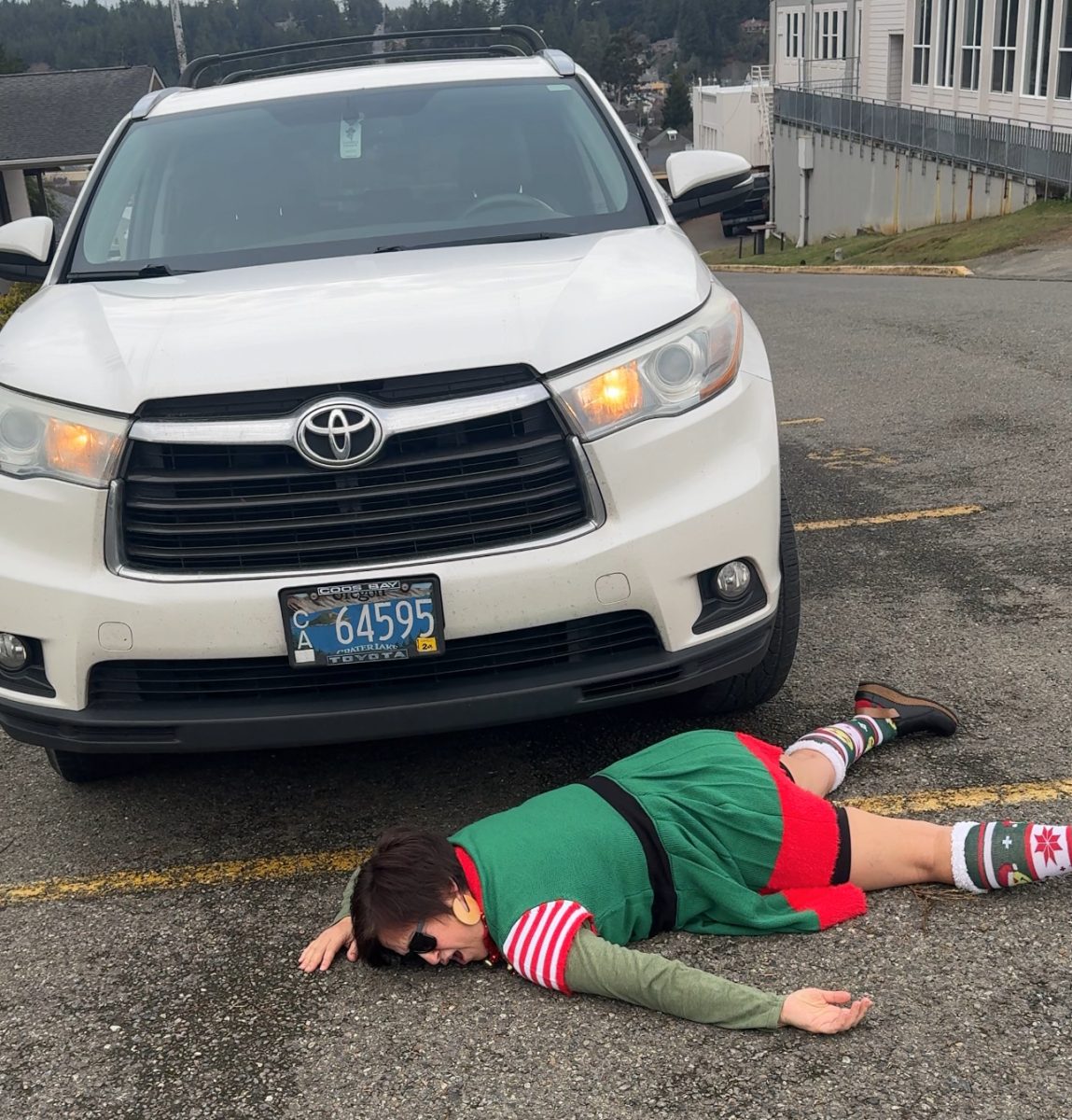Missing from Coos Bay since Steve Prefontaine’s memorial in 1975, Olympic Gold Medalist Frank Shorter returned to run Prefontaine’s 40th annual Memorial Run.
“I felt I should have been here for the first race,” Shorter said. “It was important for me to come back 40 years later.”
Shorter and Prefontaine first met at the 1969 United States National Meet. On their first international trip, they began to train together.
“He [Prefontaine] trained the most like I did,” Shorter said. “Steve and I got along because we had an unstated feeling that the lead was shared.”
Shorter began to run in elementary school, running the two mile trek back and forth from school. In Massachusetts he joined the Mt. Hermon Prep School which had a premier cross country team. His senior year of high school he won the New England Championships. Shorter said a troubled home life motivated him to use his energy running on the track.
“I just happened to be very good at what I did for stress relief,” Shorter said. “I had no long term plans for the Olympics.”
Shorter moved on to Yale University after high school, where he made an impression on local Yale graduate, Jay Farr.
“I remember as a freshman, Frank being the star runner and winning the NCAA Championship,” Farr said.
Shorter and Farr would officially meet years later in a run founded by the Yale running club. Farr said he agreed with Shorter that running was a form of escape.
“Running is cheaper than therapy,” Farr said.
Balancing academics with athletics at Yale proved to be a challenge, however Shorter found an ally in Prefontaine. Prefontaine was four years younger than Shorter, and was busy breaking records at the University of Oregon.
“Steve and I were able to turn academic and athletic switches on and off,” Shorter said.
After dropping out of Yale medical school, Shorter moved on to law school in Florida while training for the 1972 Olympics in Munich, Germany, his birthplace. Shorter won the gold medal in the marathon event in the 1972 Olympics, finishing with a time of 2 hours and 12 minutes. Leading up to the 1976 Olympics, Shorter continued his rigorous training with Prefontaine.
“Steve came to train with me in Colorado,” Shorter said. “We were running in the morning and skiing during the day.”
In 1975, Prefontaine invited Shorter to a meet in Eugene, where they would face off against Finnish athletes. Prefontaine finished first.
“Steve was trying to get the attention of the [track] Federation,” Shorter said. “He was trying to create a sway for western athletes to make enough money to train like European athletes did.”
On the night following the meet, Prefontaine drove Shorter home. According to Shorter, they were busy discussing how to deal with track’s governing body.
After dropping Shorter off at his house, Prefontaine was involved in a fatal car crash. Shorter said the death hurt deeply.
“When you realize he’s not going to be there, it made it hard,” Shorter said. “We planned on getting up the next morning and running 10 miles.”
Shorter’s running career continued with a silver medal finish in the marathon in the 1976 Olympics. The winner of the marathon, Waldemar Cierpinski, was later to be found in a doping incident. This led Shorter to form the US Anti-Doping Agency. Thirty nine years later, at 67 years of age, Shorter returned to Coos Bay to run the 40th annual Prefontaine Memorial Run.
Prior to running the race, Shorter offered advice to Marshfield’s cross country team. Cross Country coach Steve Delgado said Shorter talked about his love for running when he was younger.
“Shorter said, ‘To be a great runner you have to love it,’” Delgado said. “Frank Shorter still runs for about an hour every day.”
Cross country team captain, Isabel Groth, said the visit moved her.
“He was very inspiring, and it was cool to have somebody famous from our sport visit the area,” Groth said.
Delgado said there are many ways his team can imitate Shorter and Prefontaine’s running style.
“First and foremost, the team needs to love running, and learn to love the hard part of it,” Delgado said. “Everybody, no matter what skill level, can get that feeling of accomplishment from finishing the race.”
Despite being absent from the Bay Area for 40 years, Shorter made a deep impact during his visit, according to Delgado. Farr said Shorter had been concerned about visiting for many years.
“He called me and said this is the time to come,” Farr said.



